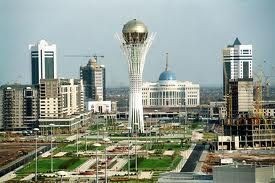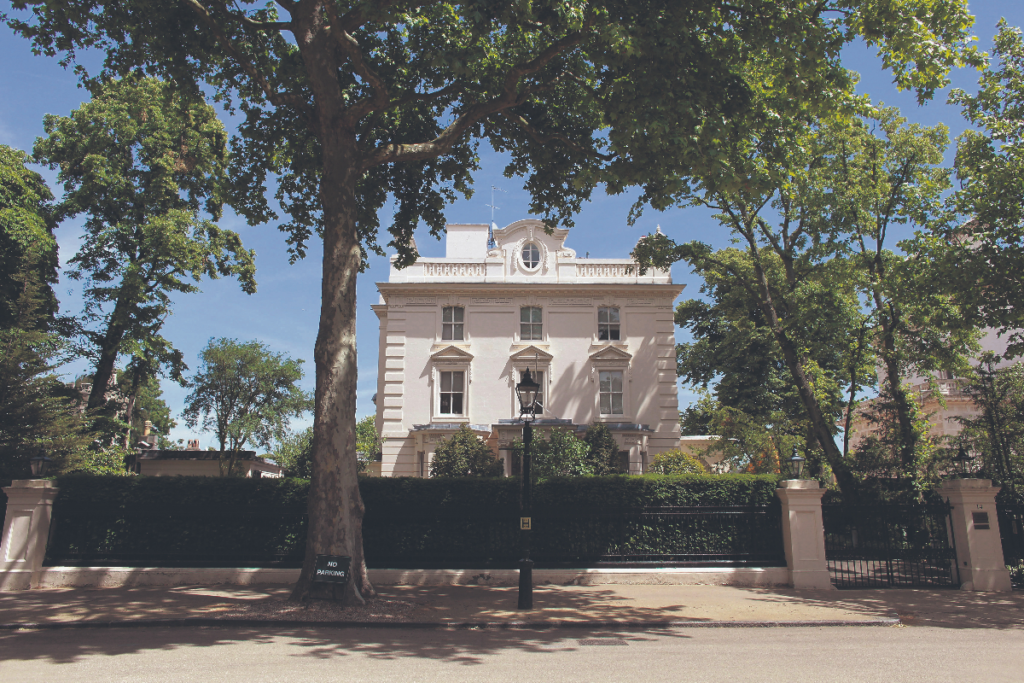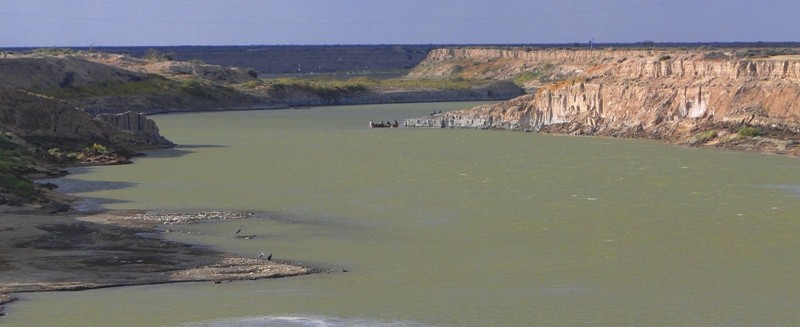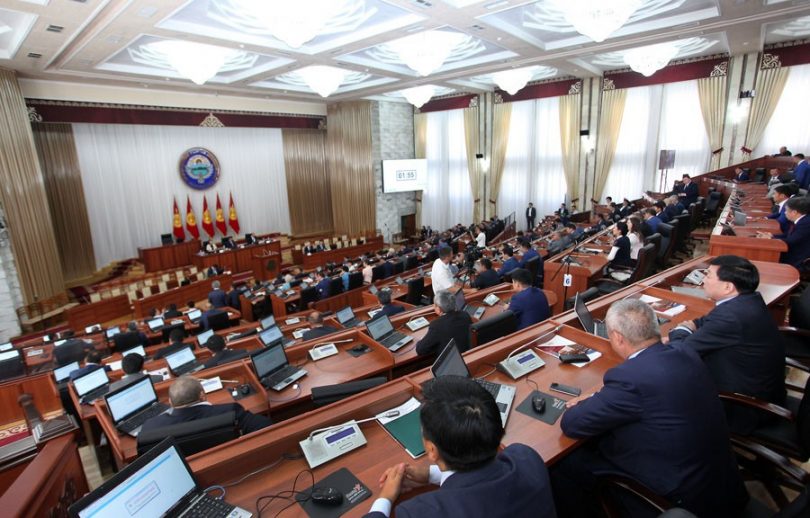ASTANA (TCA) — Kazakhstan President Nursultan Nazarbayev has set the task to fully meet the country’s need for fuel with domestic oil products only by 2018, Novosti-Kazakhstan news agency reported.
“I have set the task to fully meet, by 2018, our market’s demand with domestic oil products — gasoline, diesel fuel, aviation kerosene, and gas,” Nazarbayev, the leader of ruling Nur Otan party, said at the party’s extraordinary congress in Astana today, January 29.
The congress was convened to name the party’s candidates for the early elections of the lower chamber of the Kazakh parliament, the Mazhilis, set for March 20.
The president said it is important to liberalize the country’s oil and gas market and return commercial functions to oil-refining enterprises.
He said that Kazakhstan’s oil production will reach 92 million tons by 2021.
Speaking at the congress, Nazarbayev also said that further maintenance of the national currency exchange rate would have led to impoverishment of Kazakhstan’s population.
In his words, had Kazakhstan not refused from endlessly maintaining the tenge rate at the expense of the National (Oil) Fund, the country’s national reserves would have been “rapidly eaten up, the financial system would have collapsed, productions closed, small enterprises would have gone bankrupt, unemployment grown, inflation jumped up”.
Nazarbayev dissolved the Mazhilis on January 20, after the lawmakers had asked him for its early dissolution “in connection with the aggravating economic situation in the country”.
The move came as Kazakhstan’s national currency continued to plunge against the dollar as Kazakhstan’s economy struggles with the continued sinking of global oil prices and the impact of Russia’s economic crisis.
The current Majilis’ term was due to end in autumn 2016.









